Milo is a small coffee or bedside table made of recycled waste off cut wood material and unwanted old fitted furniture pulled out of peoples houses.
In 2011, after deciding to follow my passion and do something for our planet I started looking closer at how we use materials. I came up with a design called the “Milo™” series, the first piece is a small coffee table or bedside table called Milo named after my third son who was born in 2011.
My company makes furniture out of large sheets of wood material, and there are always waste offcuts that are too small to use for anything. These are ideal for making Milo tables because the table is designed so that only small pieces of wood are needed. This is where the design came from, I let the material dictate the look, rather than the other way around, but I put as much effort into the look of course! When we go and fit the furniture we also sometimes take out old furniture that we also re-cut to make the Milo tables, and when I am out and about and I see a nice bit of wood discarded I bring it back to add more variety, it’s like a treasure hunt!
I have always despised (not to use the word hated), throwing anything away. It has always broken my heart to see what people throw away in the street, in dumps and at the recycling centers, (I go to the recycling centre and want to pull stuff out of the various containers!) and the thought that all that will be wasted instead of reused. I see precious life and resources in all that stuff!
The table is a cubic shape and each is totally unique, although the basic size and design stays the same, the order of materials you see are always different depending on what materials we have and on the mood of the particular crafts person’s mood at the time!
Here is the first Milo video I made:
For me, the Milo table and the Milo™ series, is about more than beautiful design, it is about starting a discussion about resources, about waste, materials, your everyday goods, whatever we consume and buy. I want you to look at your belongings and think about them, think about and care about where they came from, what it has taken to get them to you, right from the very beginning, from the person who planted the tree, seeded the hemp or the straw, how far away that is or how close from where you live it is and what that means for the environment, both good and bad, it is important to acknowledge the good so that we can do more of it, I am all about solutions, not about showing problems, anyone can show problems. But of course you need to understand the problems to start to fix them!
Think of what chemicals where used to produce it and how that might affect the environment, the soil, the wildlife, the air, the rivers, the seas, the fish that we eat from it and the pollution we are therefore ingesting and breathing.
Then think of the farmer and the chemicals he might be breathing in, or the neighbours and passers by bordering the fields. If you look down from a plane, all you see are fields and farmland doused in chemicals, this isn’t just a few remote people who live by the field, this is all of us, because it affects us all directly or indirectly, through the food we eat, the air and water. People think it’s ok to drink tap water, well if you think it’s ok to drip feed yourself with chemicals for the rest of your life and the subtle effects that has on your body, then it’s ok! Do I hear you say, there are no chemicals in our water? Well take a closer look in your own time, and please let me know what you find.
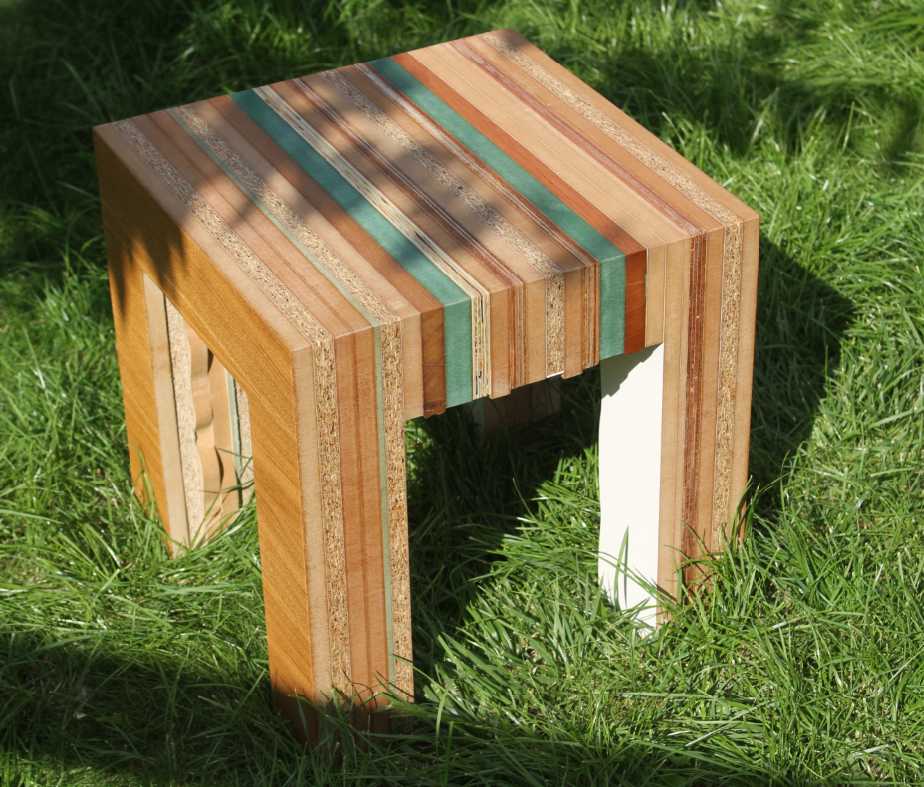
This is the first Milo table made from waste offcuts from Custom Carpentry’s waste offcuts from making fitted furniture.
Look at what you own or something you want to buy and think of the production, the wood, straw, hemp, bamboo if you like in a warm place, how much energy has been used to grow it, how much of a process it has been through to create it, the more something is processed the more energy it uses and the more potential it has to harm our sensitive bodies if it comes close to it. Think of many chemicals have been added to make it water resistant, insect or fire resistant, what glues have been added to the fibres, what are they made of? Petro chemicals probably, what does that mean, how has that been made. Has it polluted the land around the extraction site? What chemicals are expelled in the air, in the water at the factory. Who works at the factory, how are they treated are they in a country were welfare is not a priority. How are the native people treated who live around the extraction and drilling areas. What about the wars it creates, how does that affect our world.
Once the material is made, how is transported, shipped, how far, how much fuel has been used to get it to you.
Is it a local material, is it natural, sustainable, British made, are the people paid and treated fairly, are they cared for, respected and treated as human beings.
What paints, varnishes, oils, glues have been used how do they affect our world.
Where did your hardwood or plywood come from, the Rainforest? How much are the people paid to cut it, how many native people where displaced. What does it mean to cut down the Rainforest.
Do you know that we are loosing an area of the Rainforest the size of a football pitch, every, single, second!? (Attenborough) If my maths is correct that makes 60 football pitches per minute! :o) I am not into football but that’s still a lot of football pitches! Well I know they are not building football picthes on the Rainforest, they are cutting it to provide us with “luxurious” woods, out door furniture, cattle grazing, soya production to feed stock, probably GM too.
Hold on a minute, that makes it just a matter of time before it is all gone, and if you ever think it’s just a bunch of trees and insects in there, well it’s the medicine chest of the World actually! And so so much more, it is what teaches me how things should work, I look at the Rainforest, a natural eco system and see how it does things and use it as a blue print to understand other things.
Milo is left bare with just oil or varnish, and the bottom untreated, raw, uneven with nothing to hide.
You can see what it is made of, all the layers of different materials that are commonly used today and wasted too. The outside is sanded smooth and oiled with a plant based material, I am still experimenting with this . It is put together with screws, and the glue that is made of natural materials, there is enough petrol used in the waste offcuts used to make this table, I don’t want to add anymore. The inside is left uneven, unfinished and rough to further accentuate the fact that these are waste offcuts.
Petrol to me signifies so much more than the obvious pollution and unsustainable practice of drilling oil. It signifies, corruption, unethical behaviour, suffering and war as well as the halting of new innovative ideas to help our world. While petrol is around it will be harder to progress away from it, because it has such a stronghold, it is such a massive snow ball rolling down a hill with such momentum that it is hard to stop, the only way it can be stopped is to stop demand, thaw the snow ahead so it can’t built up anymore and eventually will melt and disappear.
This oil monopoly stalls innovation in alternative materials.
Everything is made form petrol, everything. And everything that is made from petrol can be made form natural materials such as hemp and other plants. Petrol stopped the hemp industry in it’s tracks in the 1930’s and instead of natural materials such as hemp made cloths and bio diesel made from plants as the diesel was originally designed to run on, we ended up with our clothes, drugs, food additives, carpets, paints, fertiliser and pesticides, fuel all made form one dominant source, petro chemicals. (There is a link to my Hemp blog post at the end)
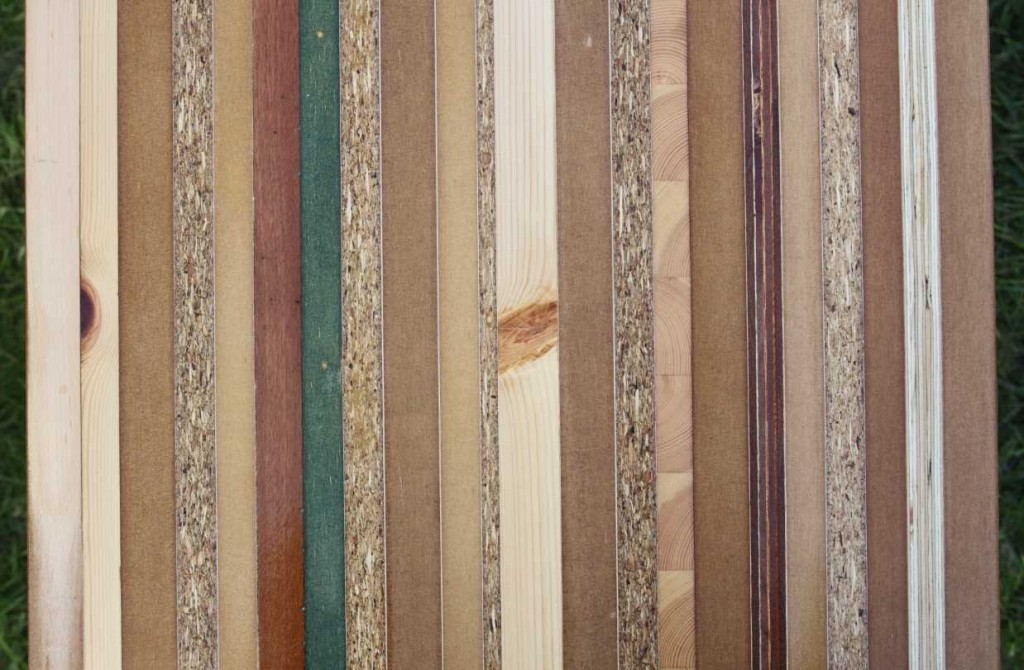
This is another table made by some else and you can see the layers are not the same as the next one.
The use of solar energy has not been opened up because the oil industry does not own the sun.
~Ralph Nader, quoted in Linda Botts, ed., Loose Talk, 1980
Nature will tell you that if you rely on one thing, you will get into trouble, and we have, with petrol.
It is so important that we will lie, cheat and kill others for it.
Never would anyone want to promote such a product that creates such destruction if they had a choice. Whatever we do in life, we need moderation.
This takes me onto the subject of this mad eco rush we are going towards, we need to understand what eco, green, sustainable, renewable, truly means in order for us not to get it wrong. We must disbelieve anyone who tells us they have the one solution that will save the world, there is no such thing, as nature and the rainforest dictates; we need diversity.
Wood won’t save the world, straw, hemp, bamboo, wool or whatever it may be won’t save the world, they all will and many many more besides as long as they are renewable, don’t overly pollute and that this pollution can be reabsorbed, such as the pollution you get when you burn a log of wood.
You will find something more in woods than in books. Trees and stones will teach you that which you can never learn from masters.
- Saint Bernard (1090 – 1153), Epistle
Nature is just enough; but men and women must comprehend and accept her suggestions.
- Antoinette Brown Blackwell (1825 – 1921)
The construction industry produces the largest amount of waste in weight than any other sector every year.
In 2004, 100 million Tonnes of construction waste went to landfill.
It is estimated that each year 420 thousand tonnes of waste wood is produced by households.
Imagine if the government or companies collected that and re used it, recycled it all, how much furniture and how many houses could we build, how much space would we save in landfill, how much more satisfying would it be to know that you have used a material again instead of wasting it, to me anyway that fills me with joy and emotion. Nature wastes nothing, look at the Rainforest again, and that is why I feel sad when I see waste because I know that isn’t right.
I look closely at nature and see that she reuses and recycles everything she uses, she passes it on and on and on along the chain from one place to another, from a leaf to an animal and from one animal to another and back into the earth and back out as a tree.
Nature does nothing uselessly.
- Aristotle (384 BC – 322 BC)
If we want to survive we need to follow the lead form nature, she has the experience, trial and error, the best type, I believe she knows best.
Lets get closer to her and listen, realise that she is in charge, not someone we have put a face on high up in the clouds, that does nothing but distract us away from the reality of the situation!
I believe in God, only I spell it Nature.
- Frank Lloyd Wright (1869 – 1959)
We abuse land because we regard it as a commodity belonging to us. When we see land as a community to which we belong, we may begin to use it with love and respect.
~Aldo Leopold
So, I hope you do find Milo beautiful to look at and just as importantly that you ask even more questions before buying something, think of whether your furniture is made of FSC certified wood and has not contributed to the rapid decline of the Rainforests that is?
Look out for my “eco materials series” on YouTube which goes into detail about all different materials from current materials such as MDF, what is good and not about them, and to the more unusual materials such as, sunflower seed husk boards, sunflower board, coconut dust board, hemp board, straw board, coconut shell or recycled paper board and more on YouTube.
The ultimate step for me is to have the table made by young disadvantaged teenagers who maybe haven’t got a role model and want to find a purpose in life, or just any young person who is passionate about making a difference to use their hands and create Milo furniture, get paid for it, get the support that they need to grow into cared for human beings and contribute to our world in a positive way.
If you know anyone who can help, please let me know.
Milo feature on this top eco home website Inhabitat
http://inhabitat.com/tristan-titeux-colorful-re-cut-furniture-is-made-from-recycled-wood/
The first original Tumblr Blog I wrote about Milo: http://tristantiteux.tumblr.com/tagged/Milo
Click for my post about Hemp and Hemp board.
And if there is anything I can do to help you, please let me know!
Please Connect with me here:
![]() Facebook Personal Page: https://www.facebook.com/TristanTiteux
Facebook Personal Page: https://www.facebook.com/TristanTiteux
![]() Facebook Like Page: https://www.facebook.com/customcarpentryuk
Facebook Like Page: https://www.facebook.com/customcarpentryuk
![]() You Tube Channel: Search for “CustomCarpentryUK” or click here: http://tiny.cc/76moe
You Tube Channel: Search for “CustomCarpentryUK” or click here: http://tiny.cc/76moe
![]() Twitter, search for “@TristanTiteux” here: https://twitter.com/
Twitter, search for “@TristanTiteux” here: https://twitter.com/
![]() LinkedIn, search for “Tristan Titeux”
LinkedIn, search for “Tristan Titeux”

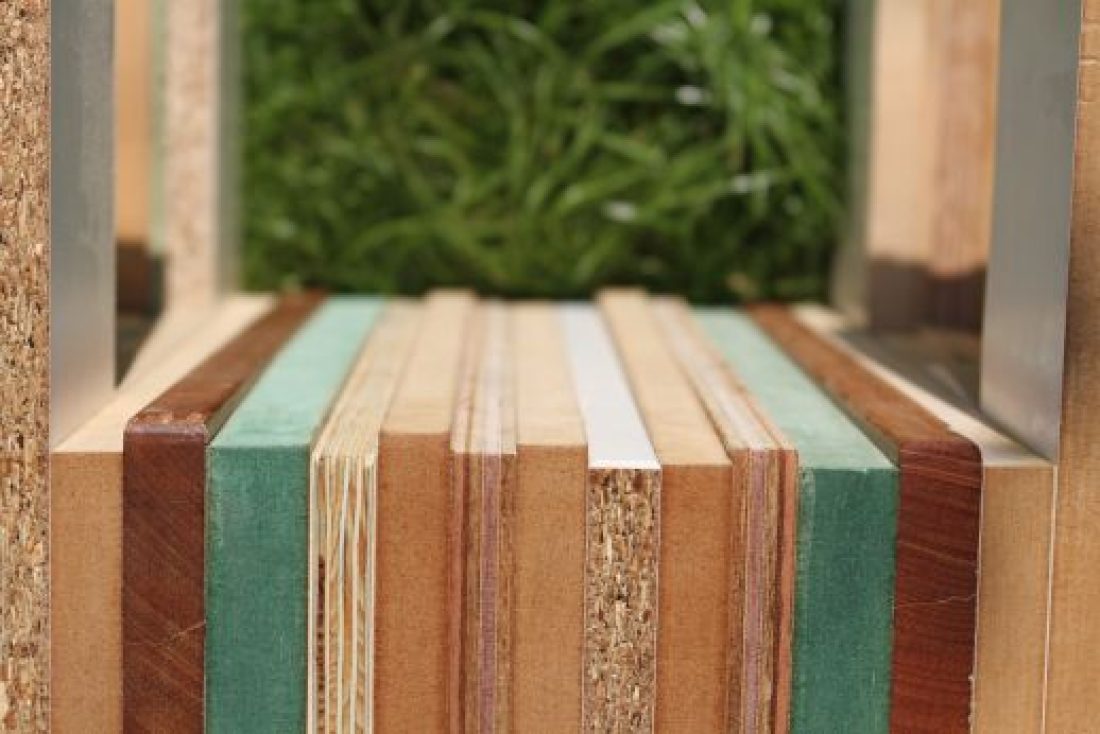
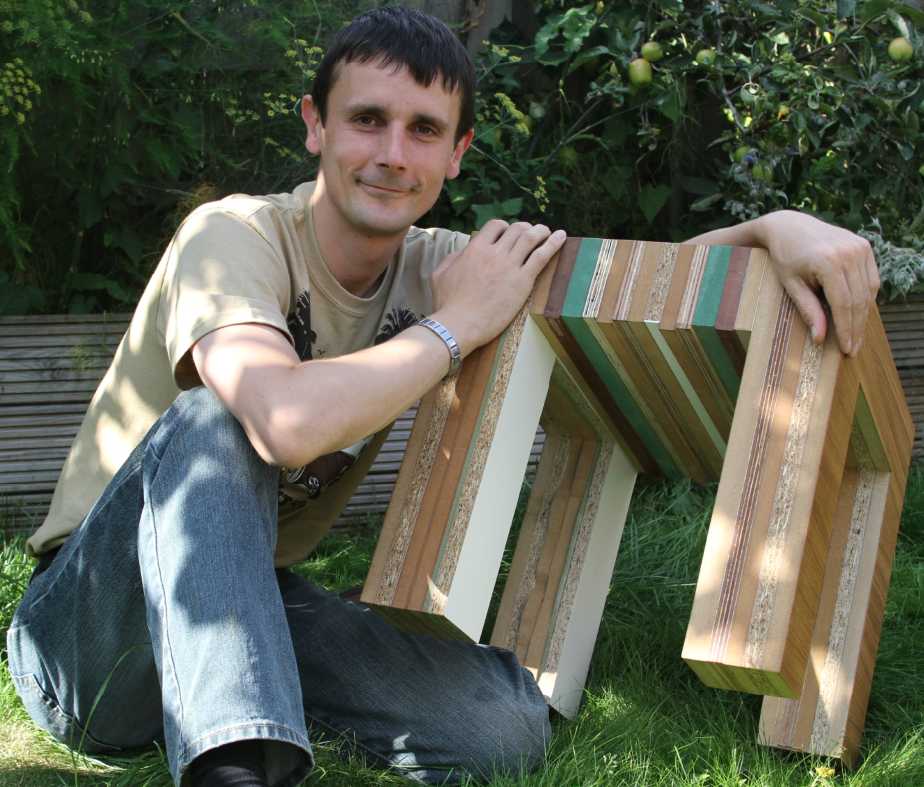
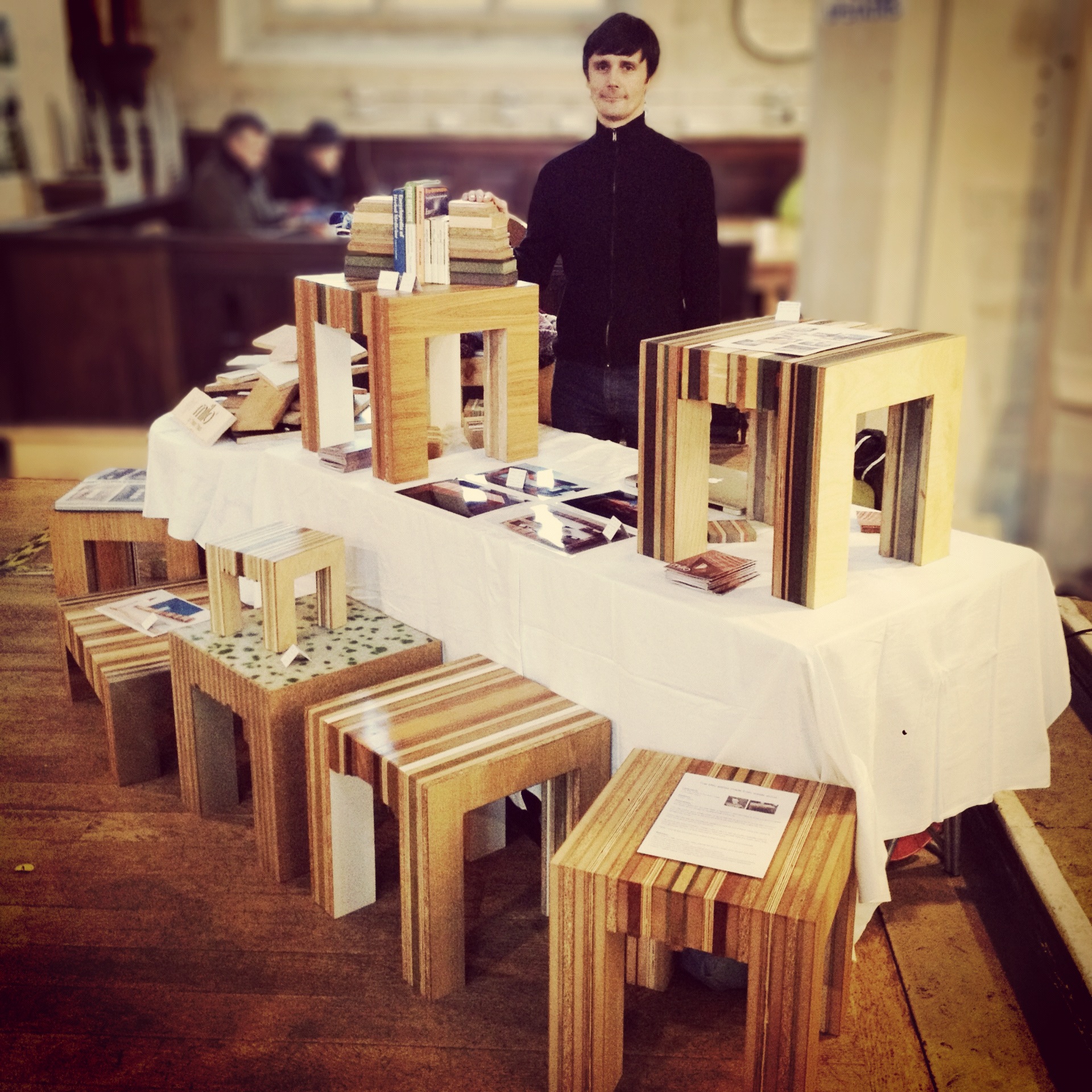
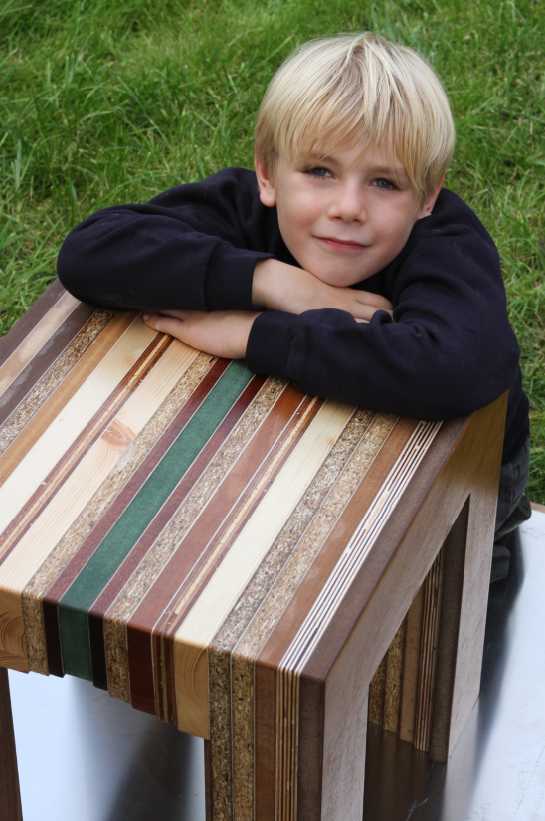

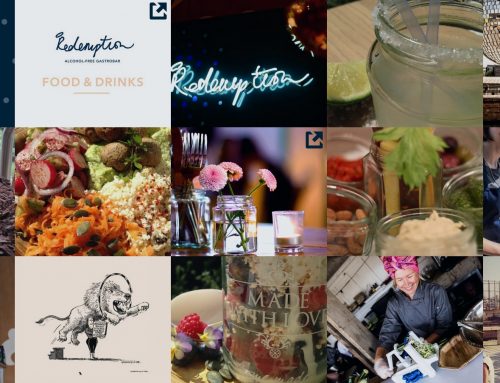
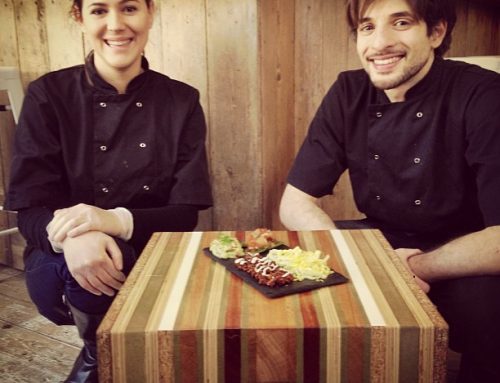
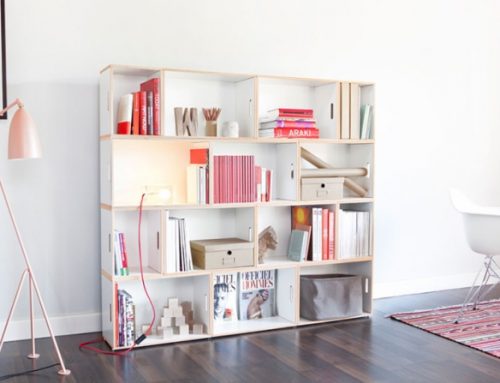
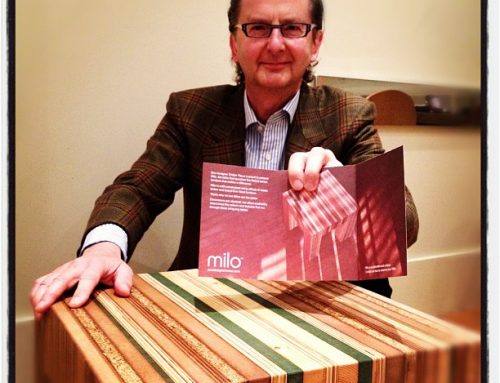
[…] contain no glue, eco oil, and eco paint made with petro chemical free plant based materials and a ReCut shelf using waste […]
Nice project! the finish is lovely, really cool.
Thank you Dolly!